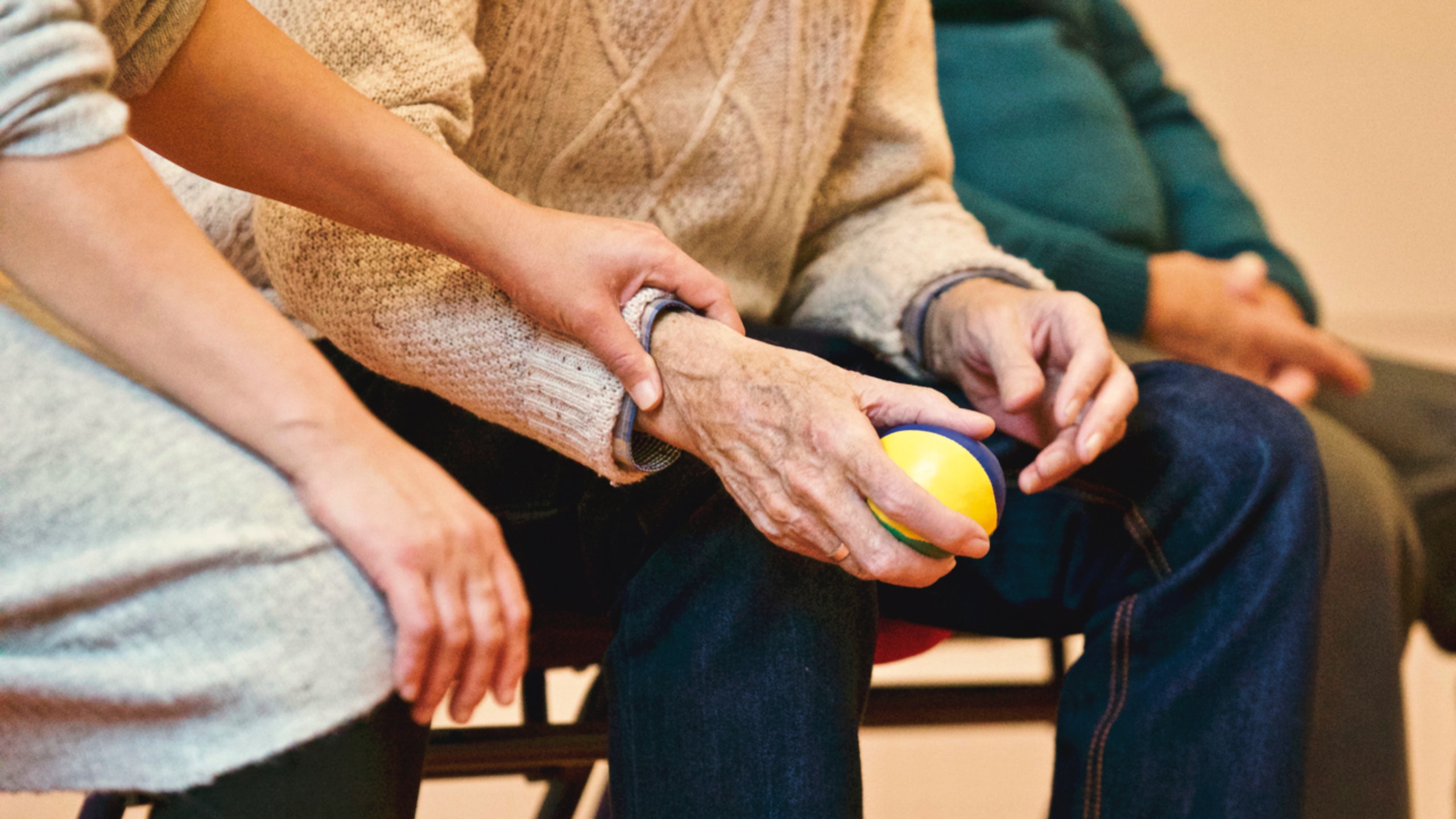Like so many things in life, it is important to strike a healthy balance when considering your own feelings, needs and desires against those around you. However, you have a perfect right to happiness. The following ‘Personal bill of rights’ (Anxiety and Phobia Workbook by Edmund J. Bourne) provides an excellent framework for determining your entitlements when it comes to feelings and needs:
1) I have the right to ask for what I want
Ask for what you want in a gentle, respectful way, stating your preference using “I” instead of “You”. The latter can come across as demanding or even criticising, making the other person defensive. E.g. “I’d like to go out for dinner tonight” rather than the more aggressive “You should take me to dinner tonight”
2) I have the right to say no to requests and demands I can’t meet
Everyone has limits. Agreeing to things that you can’t accomplish or meet is not a reason to feel guilty – you are simply being honest and respectful towards yourself.
3) I have the right to change my mind
Changing your mind – especially when it is for your or another’s benefit (or simply because you can’t now meet the demand you initially agreed to) demonstrates that you are taking the time to think about matters and consider them seriously.
4) I have the right to make mistakes and not to be perfect
Making mistakes is a fundamental part of how we learn. When asked about the length of time it took him to come up with the functioning light bulb the inventor Thomas Edison quipped “I have not failed. I’ve just found 10,000 ways that won’t work…” Don’t beat yourself up – Learn from your mistakes and move on.
5) I have the right to follow my own values and standards
There is NO hard and fast reference for values or standards in the world. Your values are just that – yours. As long as they do not harm or belittle others your personal values and standards should be respected.
6) I have the right to express all of my feelings, both positive and negative, in a manner that will not harm others
Being angry because another family member has eaten that cream cake you were saving for a treat is understandable – However, physically attacking them or making hurtful comments about them being overweight are absolutely not.
7) I have the right to say no to anything when I feel I am not ready, it is unsafe or it violates my values
Saying ‘No’ because you consider something isn’t safe for yourself or others, is a perfectly normal response, as is refusing to undertake a request because it violates your own personal beliefs.
8) I have the right to determine my priorities
Imagine your boss asks you to work overtime but you have to get home to go grocery shopping for your invalid mother. While your boss might consider working overtime to get an urgent job done as ‘important’ you have the right to make your mother your priority.
9) I have the right not to be responsible for others behaviour, actions, feelings or problems
The responsibility for things that others do is theirs alone. While you might feel shame, anger, sadness or even sympathy regarding their actions, feelings or problems, you are not responsible for them.
10) I have the right to expect honesty from others
If you are honest with others then you have a perfect right to expect it in return.
11) I have the right to feel angry at someone I love and to express this in a responsible manner
As much as we love someone it is important to realise that there are times that they will do or say something that makes us angry. Being able to express that anger – in a manner that does not harm others – is an important part of a healthy relationship.
12) I have the right to be uniquely myself
You have the right to be you and accept yourself the way you are. Your fashion choices or lifestyle may not be to everyone’s taste – but others should accept you for who you are.
13) I have the right to feel scared and say “I’m afraid”
Only a fool does not feel fear. Being afraid is no disgrace and admitting this is actually an act of bravery in itself.
14) I have the right to say “I don’t know”
“The wisest man is the one who knows that he knows nothing”. Nobody expects you to have the answer to everything and being able to say “I don’t know” is the first step on the road to wisdom.
15) I have the right to make decisions based on my feelings, beliefs and values
You should not feel guilty about following your own beliefs, values and feelings when making decisions. Doing so is about being honest with yourself as well as valuing your own morals and judgement.
16) I have the right to my own reality
If others points of view don’t fit the objective facts or personal reality in a better way, then you have the right to stand your own ground – no matter how many people disagree.
17) I have the right to my own needs for personal space and time
Taking time out for yourself – to relax and recharge your batteries – by enjoying the things you like to do is not selfishness, but sensible and much needed for your own well-being and ability to progress.
18) I have the right to be playful and frivolous
There’s no point in being a grown up if you can’t be a child sometimes. Relish and cherish your ability to have fun, just for the fun of it. Children have a wonderful capacity to live “in the moment” – so embrace laughter and imagination.
19) I have the right to be healthy
Never underestimate the power that situations and negative emotional states can have on your health. You have the right to put your physical, emotional and even spiritual welfare first and choose your circle based on value of being healthy.
20) I have the right to be in a non-abusive environment
While this might seem self-evident it’s important to acknowledge that ‘abuse’ can take many forms other than physical harm. You have the right to live, work and play free from harsh words, being made feeling guilty, unfair criticism or being manipulated by others.
21) I have the right to make friends and be comfortable around people
No-one can say Oh, you must be friends with this or that person. Friends are a personal choice and who you choose to associate with is your own affair. In a similar vein, no-one has the right to make you feel uncomfortable in a group.
22) I have the right to change and grow
We all change throughout our lives. Growth and development are a natural part of the human condition. Who we were at 20 does not always reflect who we are at 40 or even 60. Change, growth and development are to be celebrated, not considered shameful.
23) I have the right to have my needs and wants respected by others
Just as you respect the needs and desires of other people, they should respect the same things in you. A relationship where one party is always giving and the other taking is neither healthy nor balanced.
24) I have the right to be treated with dignity and respect
In the same way, you also have the right to treat yourself with dignity and respect. Don’t tolerate constant negative self-talk from yourself, no more than if you would from others.
25) I have the right to grieve
Losing a loved one is a pain which we all feel at some point in our lives. Giving yourself permission to grieve properly and concentrate on yourself is an important step in coming to terms with your loss and moving on with your life.
26) I have the right to a fulfilling sex life
Sexual relationships should mirror your expectations in the world outside the bedroom – you have the right to feel happy and that your needs and desires are being met.
27) I have the right to be happy
…and not to feel guilty about prioritising happiness above all.


 Back to all posts
Back to all posts


























